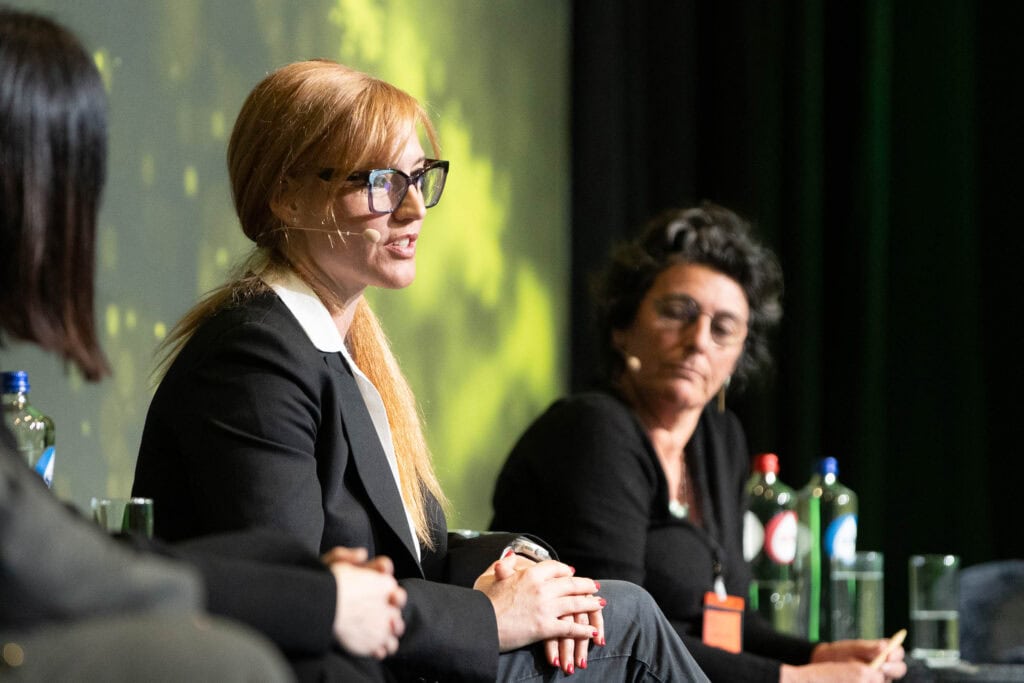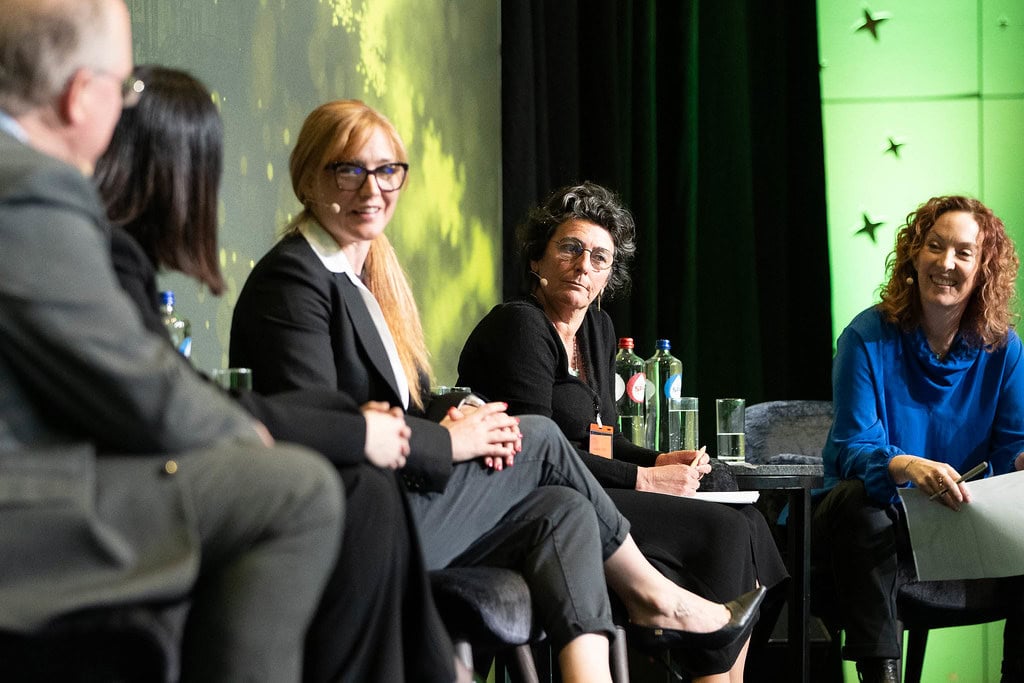Turning Potential into Action: How Biosimilars Can Reshape Access and Outcomes in Cancer Care
During the BIOS25 Conference in Amsterdam on April 4, 2025, a powerful session titled “Turning Potential into Action – Biosimilar Repurposing and Combination Therapies Reshape Accessibility and Transform Outcomes” brought together thought leaders to discuss how biosimilars can expand access to innovative cancer care.
Moderated by Alexandra Moulson of Polpharma Biologics, the panel opened with a reflection on the growing cancer burden and the critical need to ensure patients have timely access to effective treatments. The session emphasised that exploring new uses for existing therapies, particularly through combination strategies supported by biosimilars, offers a promising path to better outcomes.
Setting the Stage: The Macro Perspective
The first speaker, Paul Cornes, an oncologist from the UK, provided a macro perspective on closing the care gap in oncology. He explained how policies supporting biosimilar adoption could help patients access life-saving combination therapies faster and more affordably. By reducing the financial barriers, health systems can reinvest savings into further innovation and reach more patients in need.
Concrete Examples from Colorectal Cancer
Next, Dr Elena Elez from the Vall d’Hebron Institute of Oncology in Spain offered a concrete example, focusing on metastatic colorectal cancer. She illustrated how the availability of biosimilars could open a window of opportunity for patients by enabling broader access to advanced treatment options. Dr Elez highlighted how biosimilars reduce costs and can free resources for more personalised, combination-based therapies, which is essential for improving survival rates.
The Patient Voice: Challenges and Opportunities
Zorana Maravic, CEO of Digestive Cancers Europe (DiCE), brought in the crucial patient perspective. Speaking on behalf of patients living with digestive cancers, she outlined the inequities in timely access to therapies across Europe, including delayed reimbursement, limited access to biomarker testing, and geographical disparities. Zorana stressed that while combination therapies offer real hope, systemic barriers still prevent many patients from benefiting. She called for urgent advocacy to streamline reimbursement, expand biomarker testing, and ensure equitable access to innovative treatments.
Driving Investigator-Led Trials
The discussion then turned to how biosimilars can fuel investigator-led trials. Zorana emphasised the importance of early patient involvement in trial design to ensure that outcomes truly reflect patient needs and experiences. She explained how DiCE collaborates with national patient organisations and clinicians to share trial opportunities and advocate for more transparent and accessible trial information.




Industry Insights and Future Directions
Susana Millan from mAbxience shared insights from the industry perspective on encouraging repurposing and new clinical uses for biosimilars. The discussion acknowledged the crucial role of companies in supporting research beyond current labels and investing in patient-centred innovation.
In closing, the panellists highlighted that combination therapies represent a major evolution in cancer care, offering enhanced efficacy and better long-term outcomes. However, realising their full potential requires addressing regulatory, reimbursement, and infrastructure challenges, especially ensuring that savings from biosimilar adoption are reinvested to benefit patients.
The session concluded with a reminder that collaboration among policymakers, researchers, industry, and patient organisations is essential to unlock the full value of biosimilars for cancer care.
As the BIOS25 conference wrapped up, the message was clear: By leveraging biosimilars thoughtfully, we can turn potential into action—closing care gaps, transforming outcomes, and giving more cancer patients a fighting chance.
Author: